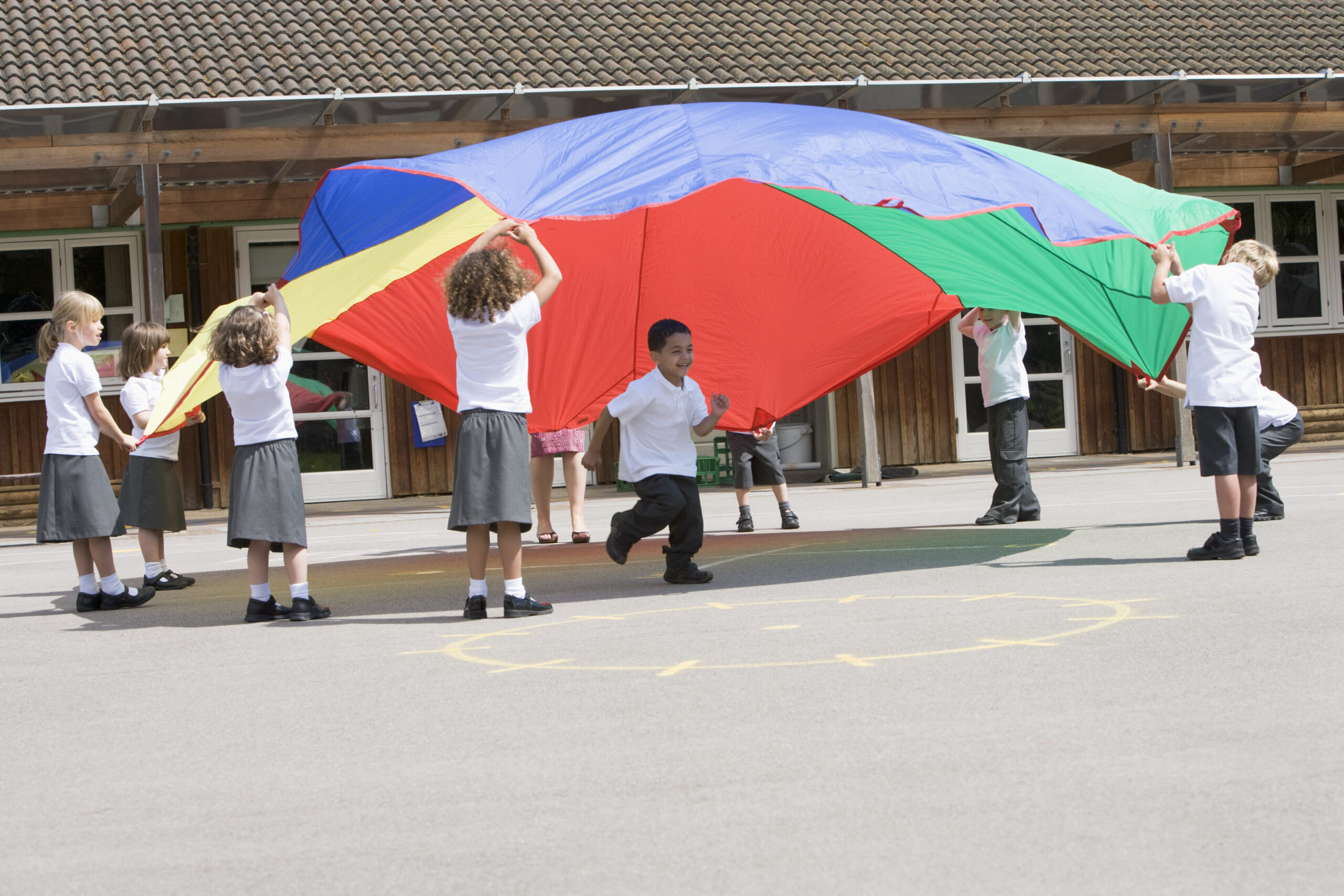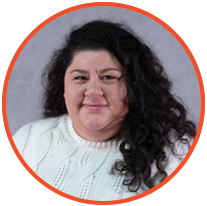Navigating Change: A Closer Look at the Updated National Learning Frameworks

The scope of early childhood education and care within Australia is ever evolving. It is essential for the sector to stay updated on the latest developments to ensure the best learning and development opportunities are provided to children. This includes ensuring you’re across the updated national learning frameworks.
In January 2024, Australia’s ECEC sector is set to undergo a significant transformation with the implementation of version 2 of the nationally approved learning frameworks. The original national learning frameworks will remain in operation alongside the new version for the duration of 2023, offering a transition period for services to adapt and refine their practices. These frameworks, “Belonging, Being and Becoming: The Early Years Learning Framework for Australia” and “My Time, Our Place: Framework for School Age Care in Australia,” have been revised to better align with the evolving needs of educators, children, and families. In this blog, we will explore these changes and their implications for education and care providers across the country.

Australia has long been committed to providing high-quality education and care for children aged birth to 12 years. The National Quality Framework (NQF) is a cornerstone of this commitment, and the nationally approved learning frameworks play a vital role within it. These frameworks provide a guiding light for early childhood education and care providers, helping them create rich learning environments where children can thrive and develop, embedding lifelong learning opportunities.
What’s New in Version 2 of the updated national learning frameworks?
The updated 2.0 versions of Belonging, Being and Becoming and My Time, Our Place represent a significant step forward. Some key changes and enhancements include:
- Incorporation of the latest research—The revised frameworks incorporate the latest research in early childhood education and care, ensuring that practices are evidence-based and up to date.
- Increased focus on diversity and inclusion—Version 2 emphasises celebrating diversity and promoting inclusive practices, reflecting modern Australia’s multicultural society.
- Alignment with school curricula—The new frameworks aim to better align with school curricula, ensuring a smoother transition for children moving from early childhood education to primary school.
- Enhanced assessment and planning—There are improvements in assessment and planning processes, allowing educators to better track children’s progress and tailor their learning experiences accordingly.
- Introduction of a Sustainability principle—This new principle embeds a focus on the natural environment and the significance of educators fostering environmentally conscious decisions and social responsibility, helping children grow to become aware of the world around them.
Preparing for the transition to the updated national learning frameworks
With the rollout of Version 2 of the updated national learning frameworks set for January 2024, it’s crucial for approved providers and services to prepare for this transition. Here are some steps to consider:
- Familiarize yourself—Start by thoroughly familiarizing yourself with the updated learning frameworks that apply to your service. ACECQA (the Australian Children’s Education and Care Quality Authority) provides resources and guidance to help educators get up to speed.
- Professional development—Consider investing in professional development opportunities for your educators and staff to ensure they are well-prepared to implement the new frameworks effectively.
- Engage with families—Keep parents and families informed about the changes and involve them in the process. Their support and understanding will be essential in ensuring a smooth transition for children.
- Update educational programs—Review and update your educational programs and practices to align with Version 2 of the frameworks. For those using Playground, Xplor Education has embedded a basic and advanced version of both frameworks ready to be toggled on for your service.

Change can be challenging, but it also presents opportunities for growth and improvement. The updated national learning frameworks in Australia represent a positive step towards enhancing the quality of early childhood education and care in the country. By familiarizing yourself with the changes and taking proactive steps to prepare, you can ensure that your ECEC service is well-equipped to provide the best possible learning experiences for children.
To enable the 2.0 versions of these frameworks in Playground at your service, in Office, navigate to Service Setting > Frameworks, locate the framework and tick the checkbox next to it. Don’t forget to click “save” at the bottom of the screen to ensure they’ve been added. Should you have any questions, please don’t hesitate to contact Xplor Education support.
Please visit this page for more information on the Playground educator platform or to request a demo.



